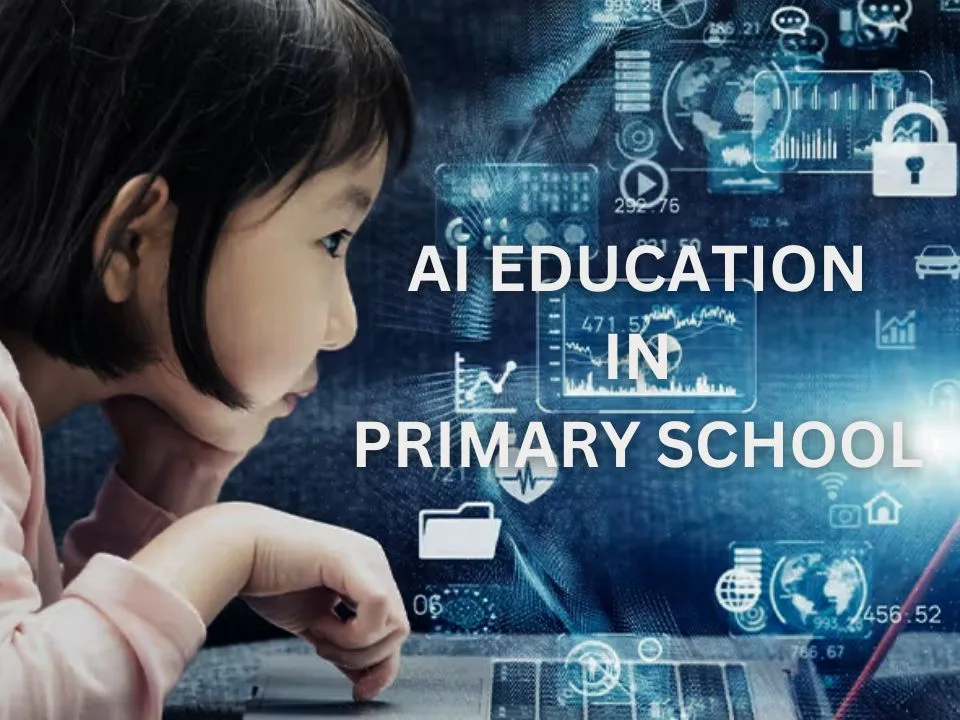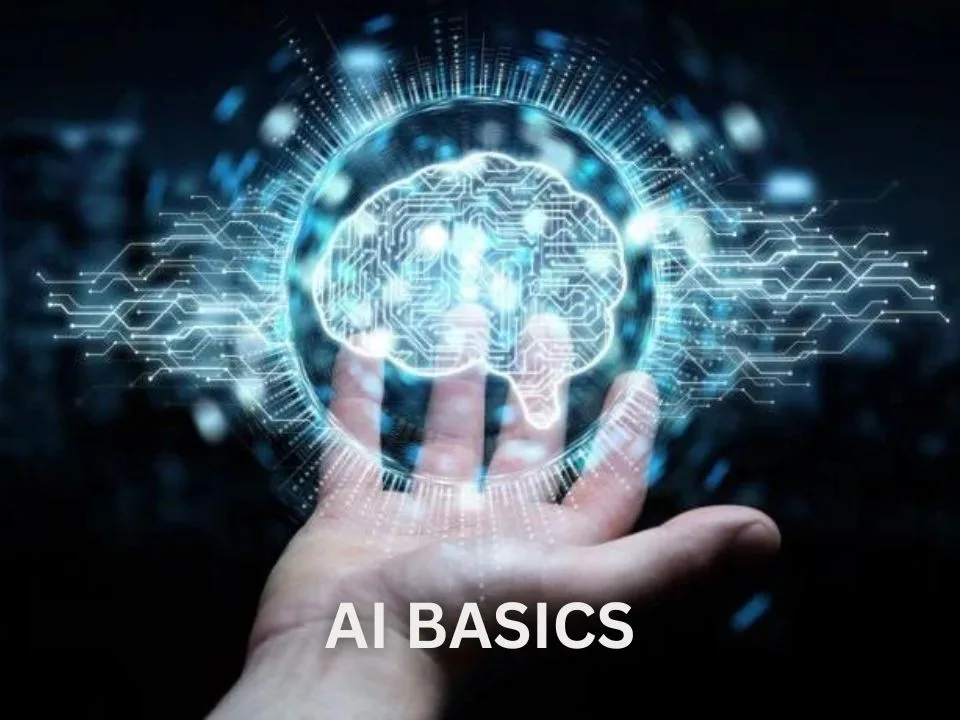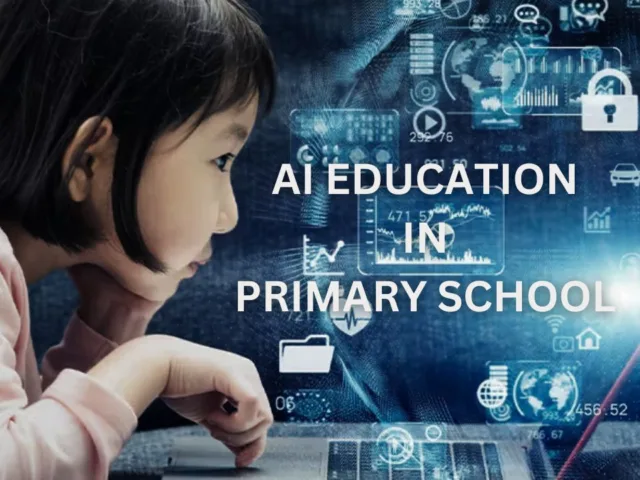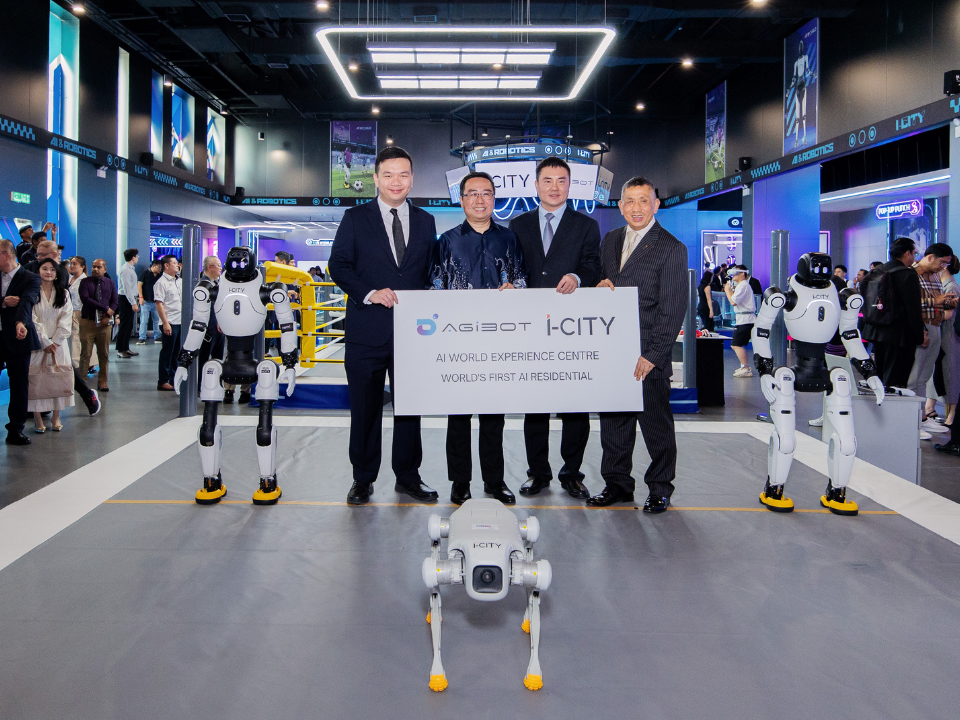
In an era where Artificial Intelligence (AI) shapes our daily interactions and drives technological advancements, it is imperative to equip our youngest learners with the foundational knowledge of AI.
The Programme Director for Master of Laws Programmes, School of Law and Governance, Faculty of Business and Law, Taylor’s University, Dr. Sia Chin Chin explores the significance of integrating AI education into primary school curriculums, particularly in Malaysia, to prepare students for a digital future.
Understanding AI Basics

AI, mimicking human intelligence, is rooted in understanding the cognitive processes and patterns of the human brain. To comprehend AI, students must grasp fundamental concepts such as categorization, classification, machine learning, and collaborative filtering.
By introducing AI basics early, children can explore its applications through engaging activities like robot programming and AI art creation, fostering a blend of play and learning.
Approaches To Introducing AI To Primary School Students
Differentiated approaches are essential for introducing AI to primary school students. Lower primary children, inclined to attribute human qualities to AI technologies, require guidance in discerning between reality and AI-generated content.
Upper primary students, focusing on problem-solving skills, benefit from hands-on activities to deepen their understanding of AI’s functionalities. Emphasizing ethical AI use from an early age is crucial for nurturing responsible digital citizens.
Here is how ChatGPT is changing with the world.
Infrastructure & Teaching Capacity
The successful implementation of AI education in primary school hinges on robust IT infrastructure and adequate teacher training. Schools must ensure access to reliable technology and provide ongoing professional development opportunities for educators.
Addressing the digital divide between urban and rural schools is paramount to ensure equitable access to AI education for all students.
Recommendations For Future Implementation
As AI becomes increasingly pervasive across industries, integrating AI basics into primary school curriculums is imperative. Early exposure to AI fosters curiosity and instills advanced problem-solving skills, empowering students to navigate a future driven by digital innovation.
By embracing AI education today, we pave the way for tomorrow’s digital leaders to thrive in a rapidly evolving landscape.










